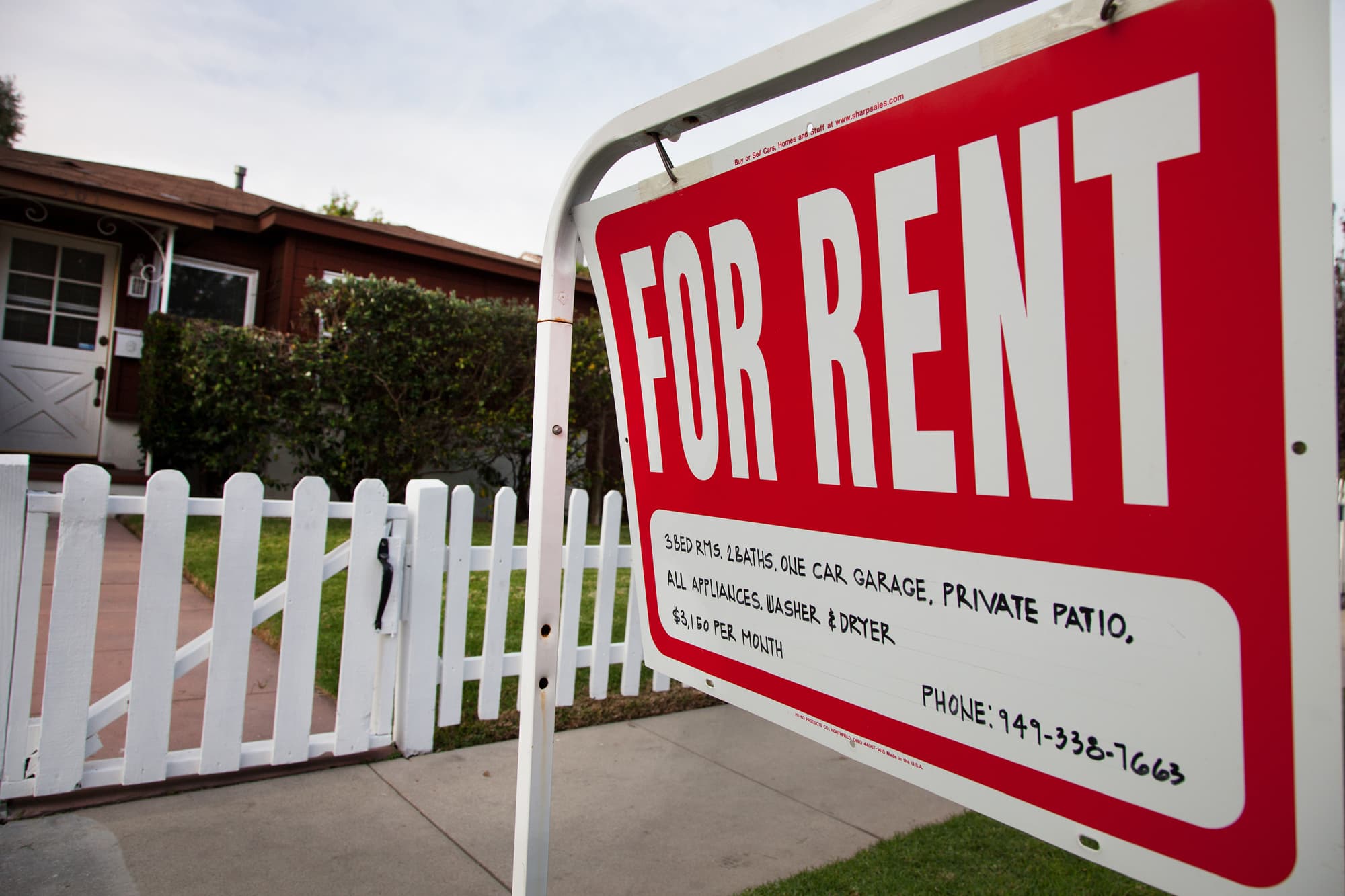A house for rent in Corona Del Mar, California.
Scott Mlyn | CNBC
Back in February, just before the coronavirus hit the U.S. economy with a vengeance, rent growth for single-family homes had hit its highest pace in four years. Barely three months later, that growth plummeted to a decade low.
Single-family rents grew just 1.7% annually in May on a national level, according to CoreLogic. That’s the slowest growth rate in nearly a decade and a little more than half the growth these 12 million rental homes were seeing the year before. Single-family rentals make up 35% of all rental housing in the U.S., and these homes are valued at more than $2.3 trillion.
“Single-family rent growth slowed abruptly in May as the nation felt the full impact of the economic crisis caused by the pandemic,” said Molly Boesel, principal economist at CoreLogic. “Some metro areas, especially those that depend on tourism, were hit hardest by job losses. With unemployment rates predicted to remain high through the end of the year, we can expect to see further easing in rent growth as the economy struggles this year.”
The slowdown in rent growth was most severe at the high end of the rental market, while lower-priced rentals saw rents going up more markedly. That is likely because the demand for high-end rentals has dropped more dramatically than demand for lower-priced properties.
Rent growth also varies widely by city. Phoenix is still seeing strong rent growth at 6% year-over-year. Tucson saw the second highest at 3.5%, followed by Charlotte, North Carolina at 2.9%. Honolulu, whose economy relies heavily on the tourism market, was the only major city to see rents decline annually, down 0.4%.
Rent demand is based on employment, so cities that have lost more jobs are seeing rents slow the most. Detroit, which was hit hard by the coronavirus, saw a nearly 20% drop in employment, that made local rent price growth there stagnant in May, according to CoreLogic. On the other hand, Phoenix’s employment decline was much less precipitous.
“As regions like Florida, Texas and Arizona grapple with a resurgence of COVID-19 cases, we may expect to see a more significant impact to rent prices on the local level,” Boesel said.
